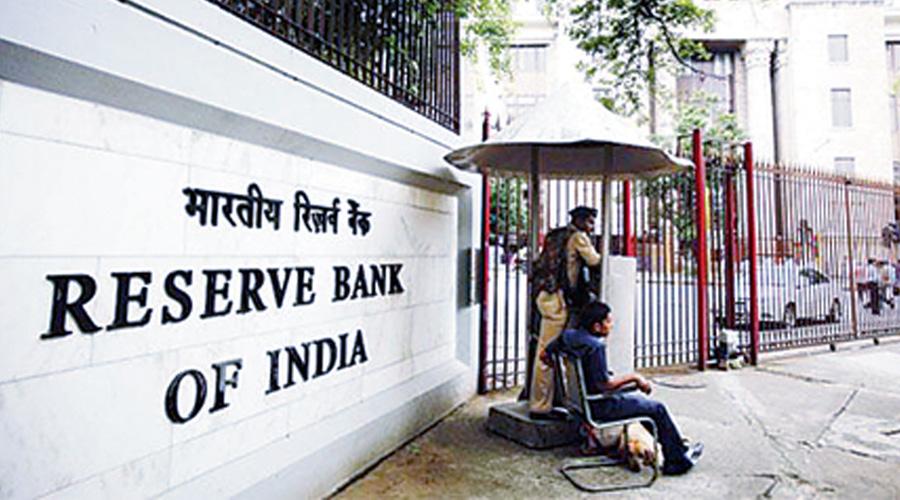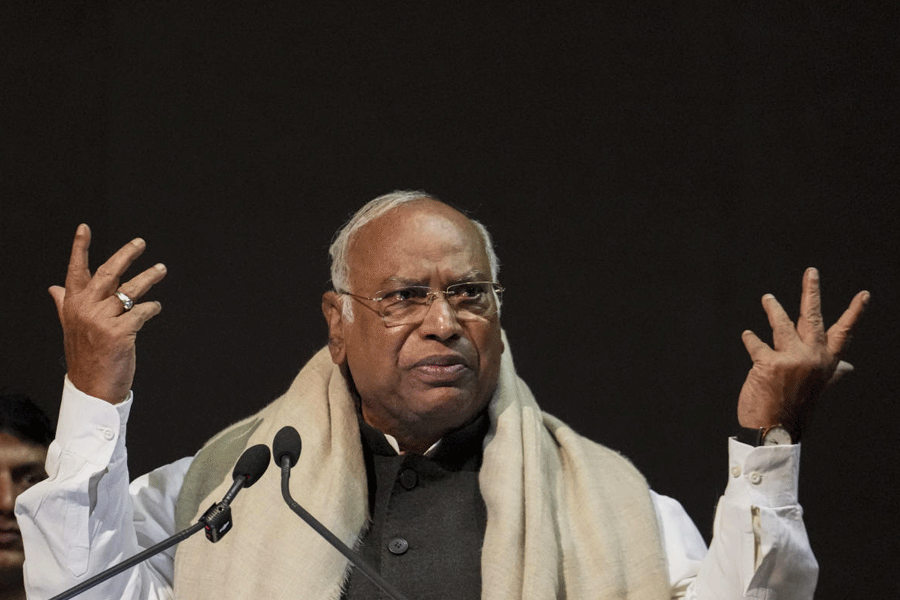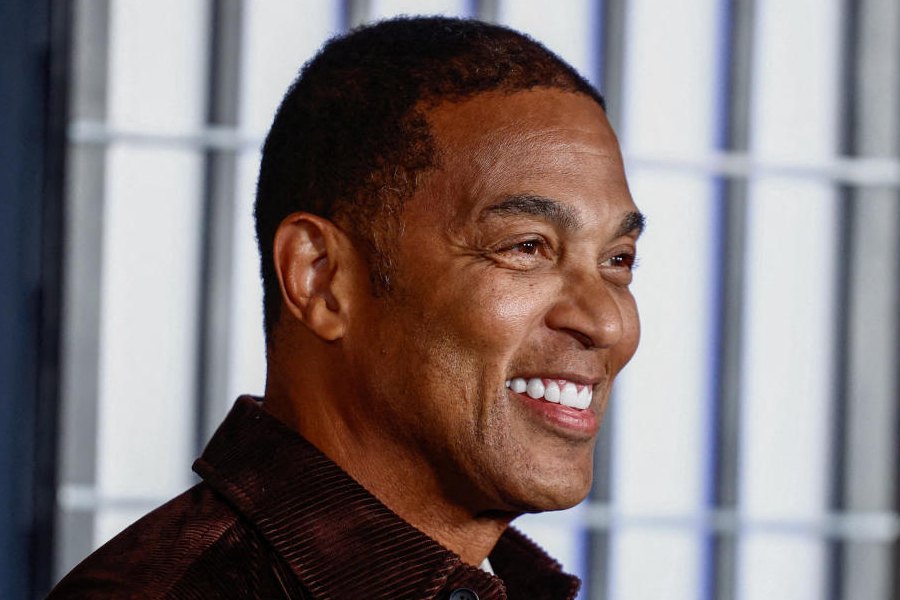The Reserve Bank of India (RBI) on Monday announced a five-member panel to vet applications for new banks and small finance banks, resuming an exercise after a five-year gap and almost four months after an internal working group of the apex bank proposed the entry of large industrial houses in banking.
A standing external advisory committee (SEAC) will evaluate the on-tap applications for both universal banks and small finance banks. The draft guidelines for on-tap licences to universal banks were announced in 2016 and the small banks in 2019.
Shyamala Gopinath, former deputy governor of the Reserve Bank of India (RBI), will head the panel. The other members include Revathy Iyer — director, central board, RBI; and B. Mahapatra, former executive director, RBI and at present chairman, National Payments Corporation of India (NPCI).
T.N. Manoharan, former chairman, Canara Bank, and Hemant Contractor, former MD, State Bank of India and former chairman, Pension Fund Regulatory and Development Authority, are the other two members.
The tenure of this panel will be three years.
The RBI had earlier said it will screen applications for both the types of lenders to ensure their prima facie eligibility. The applications will go to SEAC .
The panel’s recommendations will go to another screening committee, comprising the governor of the RBI and deputy governors, and finally the central board of the RBI will take the decision for in-principle approval.
The validity of the in-principle approval will be 18 months and it would thereafter lapse automatically.
Rejected applicants can also appeal against the decision within a month of receiving the communication from the RBI.
According to the RBI’s guidelines, released in August 2016, individuals or professionals who are “residents" and have 10 years of experience in banking and finance at a senior level can apply for a universal bank.
Further, entities or groups in the private sector that are “owned and controlled by residents” and have a successful track record for at least 10 years can also apply.
The initial minimum paid-up voting equity capital for a bank was set at Rs 500 crore.
In November 2020, an internal working group of the Reserve Bank of India has suggested major reforms in banking by allowing the entry of corporate houses and promoters to have higher stake over the long run.
The working group has also recommended that large non-banks with asset size of Rs 50,000 crore, including those which are owned by a corporate house be allowed to convert to banks, subject to certain conditions.











